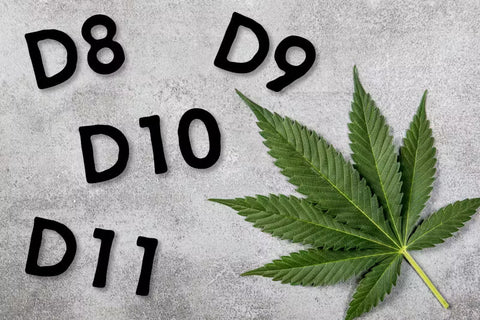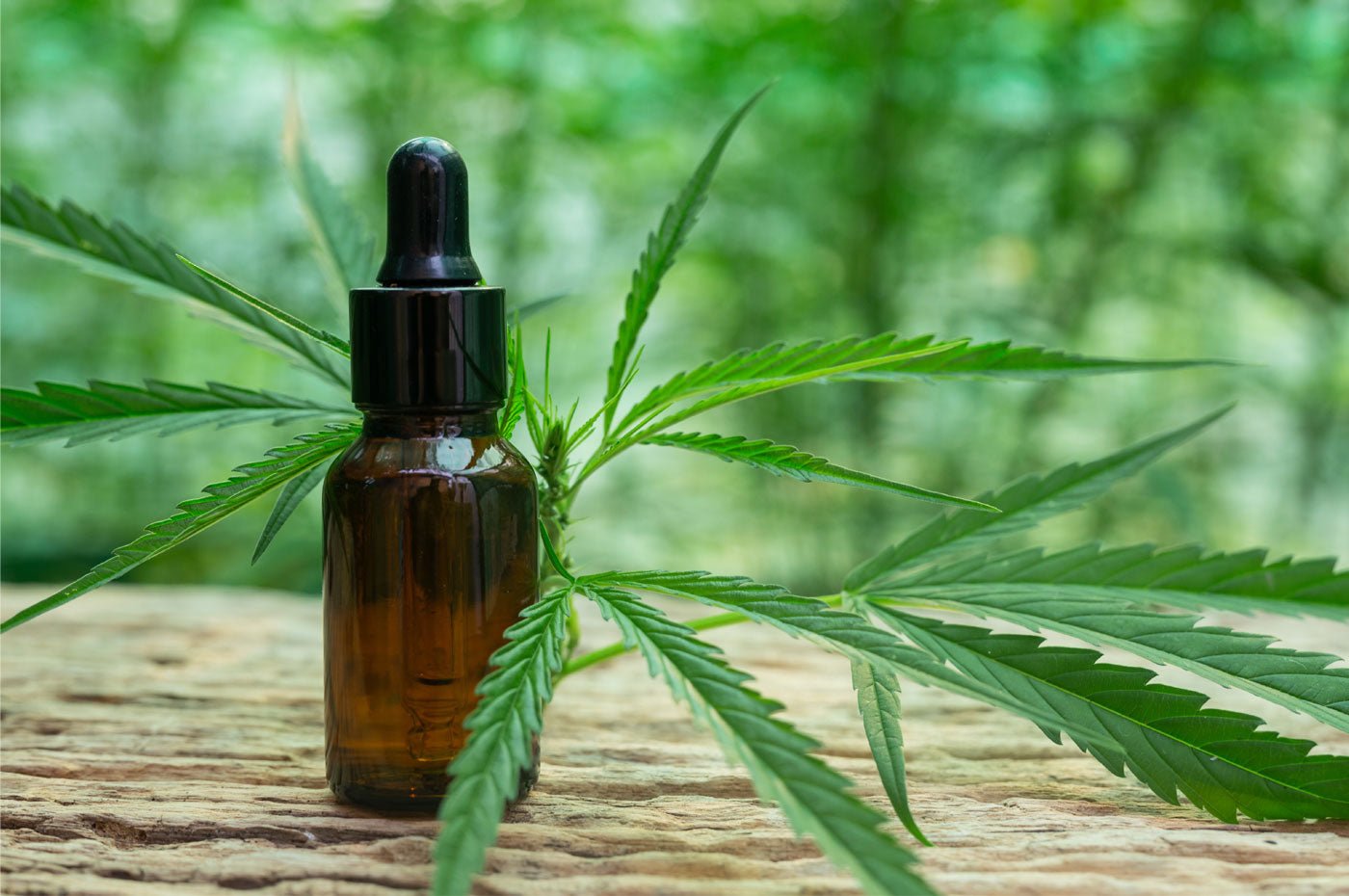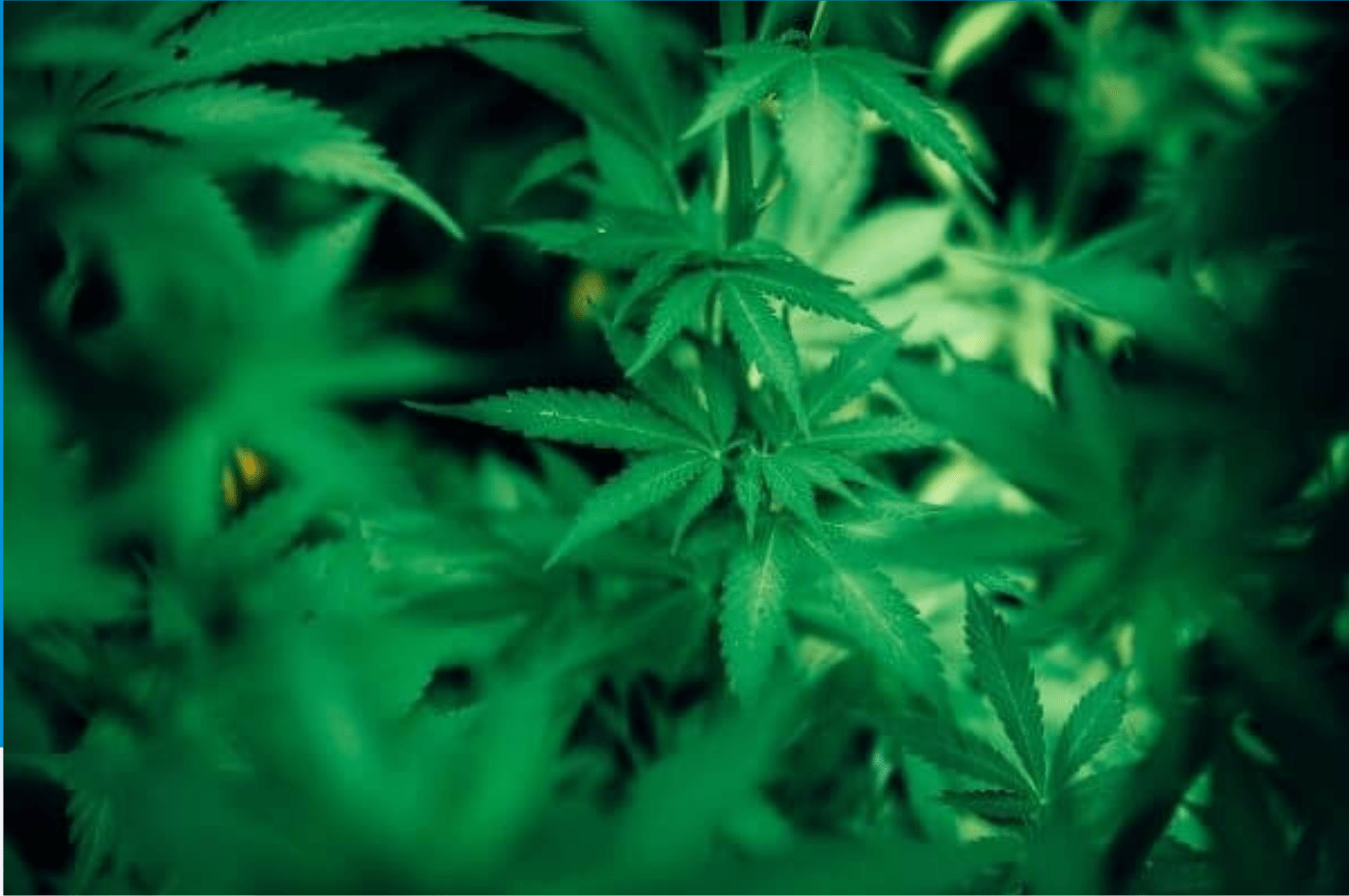In the ever-evolving world of hemp-derived compounds, the conversations surrounding Delta 8, Delta 9, and Delta 10 have gained significant traction. These cannabinoids, while sharing some similarities, possess unique properties and effects that set them apart. Understanding the differences between these compounds is crucial for consumers seeking to make informed decisions and for industry professionals striving to provide accurate information.

Delta 9 THC: The Classic Psychoactive Compound
Delta 9 tetrahydrocannabinol (Delta 9 THC) is the most well-known and widely researched cannabinoid found in the cannabis plant. It is the primary psychoactive compound responsible for the euphoric and intoxicating effects associated with marijuana use. Delta 9 THC interacts with the body's endocannabinoid system, binding to specific receptors and influencing various physiological and psychological processes.
While Delta 9 THC is widely recognized for its recreational use, it has also shown potential therapeutic benefits in areas such as pain management, appetite stimulation, and nausea relief. However, due to its psychoactive properties and legal status, Delta 9 THC remains a controlled substance at the federal level in the United States and is subject to strict regulations.
Visit: THC Oil
Delta 8 THC: The Milder Cousin
Delta 8 tetrahydrocannabinol (Delta 8 THC) is an isomer of Delta 9 THC, meaning it shares a similar molecular structure but with a slight difference in the arrangement of atoms. This subtle variation results in distinct properties and effects. Delta 8 THC is found in trace amounts in the cannabis plant, but it can also be synthesized from hemp-derived cannabidiol (CBD).
Visit: Buy CBD Oil Online
While Delta 8 THC is psychoactive, its effects are generally reported to be milder and less intense compared to Delta 9 THC. Users often describe a more mellow and clear-headed experience, with reduced anxiety and paranoia. Delta 8 THC has gained popularity as a legal alternative to Delta 9 THC in states where marijuana remains illegal.
However, it's important to note that the legal status of Delta 8 THC is currently a gray area, with some states explicitly prohibiting its sale and possession, while others have not yet addressed it specifically.
Delta 10 THC: The Enigmatic Newcomer
Delta 10 tetrahydrocannabinol (Delta 10 THC) is a relatively new and lesser-known cannabinoid that has recently gained attention in the hemp and cannabis industry. Like Delta 8 THC, Delta 10 THC is an isomer of Delta 9 THC, but with a different atomic arrangement.
Delta 10 THC is known for its unique effects, which are often described as energizing, uplifting, and providing a cerebral buzz. Unlike Delta 9 THC, Delta 10 THC is believed to have a lower potency and reduced psychoactive effects, making it a potentially attractive option for those seeking a milder experience.
However, due to its novelty and limited research, the full extent of Delta 10 THC's effects and potential applications is still being explored. As with Delta 8 THC, the legal status of Delta 10 THC varies across different states and jurisdictions, with some considering it legal while others have yet to address its legality specifically.
Exploring the Differences
While Delta 8, Delta 9, and Delta 10 THC share some similarities as cannabinoids, their differences lie in their molecular structures, potencies, and reported effects. Here's a breakdown of some key distinctions:
- Potency: Delta 9 THC is generally considered the most potent of the three, with Delta 8 THC being slightly less potent, and Delta 10 THC being the least potent in terms of psychoactive effects.
- Effects: Delta 9 THC is known for its strong psychoactive and intoxicating effects, while Delta 8 THC is often described as providing a milder, more clear-headed experience. Delta 10 THC, on the other hand, is reported to offer an energizing and uplifting effect.
- Legal Status: Delta 9 THC remains a controlled substance at the federal level in the United States, while the legal status of Delta 8 THC and Delta 10 THC varies across different states and jurisdictions, with some considering them legal and others prohibiting their sale and possession.
- Availability: Delta 9 THC is typically sourced from marijuana plants, while Delta 8 THC and Delta 10 THC are often derived from hemp-based CBD through chemical processes.
- Research and Knowledge: Delta 9 THC has been extensively researched, while our understanding of the potential therapeutic applications and long-term effects of Delta 8 THC and Delta 10 THC is still limited due to their relative novelty.
It's important to note that the legal landscape surrounding these cannabinoids is constantly evolving, and consumers should always stay informed about the latest regulations and guidelines in their respective jurisdictions.
Safety and Responsible Use
As with any substance, responsible use and adherence to safety guidelines are paramount when exploring Delta 8, Delta 9, and Delta 10 THC. It is crucial to obtain these compounds from reputable and transparent sources that provide third-party testing and verification of their products.
Consulting with healthcare professionals, especially for those with pre-existing medical conditions or taking medications, is highly recommended before using any cannabinoid product. Additionally, it's essential to respect age restrictions and exercise caution when operating heavy machinery or engaging in activities that require full alertness and coordination.
The Future of Delta Compounds
As research and understanding of these Delta compounds continue to evolve, their potential therapeutic applications and roles in various industries may become more defined. The cannabis and hemp industries are constantly innovating, exploring new compounds, and developing products to cater to diverse consumer needs and preferences.
However, it is crucial that these advancements are accompanied by robust scientific research, regulatory oversight, and a commitment to consumer education and safety. By fostering an environment of responsible innovation and informed decision-making, the cannabis and hemp industries can continue to thrive while prioritizing the well-being of consumers and society as a whole.
Delta 8, Delta 9, and Delta 10 THC represent the diversity and complexity of the cannabinoid universe. While they share some similarities, their distinct properties, effects, and legal statuses set them apart. As the industry continues to evolve, consumers and professionals alike need to stay informed, prioritize safety, and embrace the responsible exploration of these fascinating compounds.





Leave a comment
This site is protected by hCaptcha and the hCaptcha Privacy Policy and Terms of Service apply.